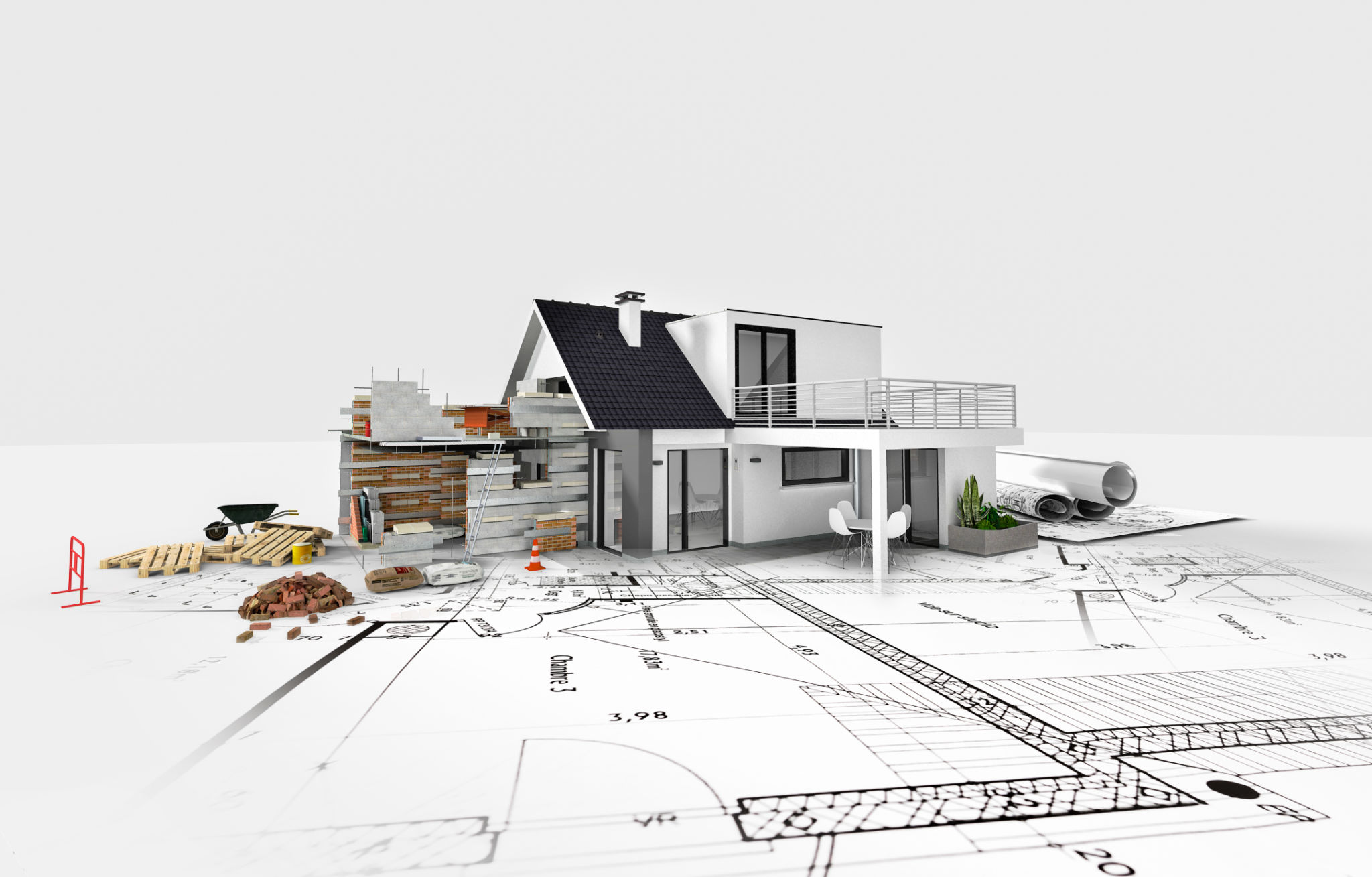How to Prepare Your Home for Construction: A Step-by-Step Guide
Understanding the Scope of the Project
Before any construction work begins, it's crucial to understand the full scope of the project. This includes knowing what areas of your home will be affected, the timeline for completion, and who will be involved. Having a clear understanding will help you prepare both mentally and physically for the changes ahead. Discuss these details thoroughly with your contractor to ensure everyone is on the same page.
Communication is key in this phase. Make sure to ask any questions and express concerns about the construction process. This will not only give you peace of mind but also aid in preparing your home for the impending work.

Clearing and Protecting the Construction Zone
Once you have a clear understanding of the project, the next step is to clear and protect the areas that will be under construction. Begin by removing furniture, decorations, and personal items from these spaces. If you have items that are too large to move, consider covering them with protective plastic or cloth to prevent dust and debris from causing damage.
In addition to protecting your belongings, it's important to address potential structural concerns. Ensure that any walls or fixtures that might be affected by construction are adequately supported. This might involve consulting with a professional to assess any risks.
Preparing for Dust and Debris
Construction work inevitably leads to dust and debris, which can spread throughout your home if not properly managed. To mitigate this, seal off construction zones with heavy-duty plastic sheeting. This will help contain dust and minimize its impact on other areas of your home.
Consider investing in an air purifier to help maintain air quality during construction. Additionally, regularly change HVAC filters to prevent them from becoming clogged with dust. These small steps can make a significant difference in maintaining a clean and healthy living environment during construction.

Setting Up Temporary Living Arrangements
If construction affects essential areas such as the kitchen or bathrooms, you may need to set up temporary living arrangements. This could mean creating a makeshift kitchen in another part of the house or arranging for alternate bathing facilities.
Plan meals that require minimal preparation and make use of disposable plates and utensils to reduce the need for cleanup. These adjustments can help maintain some level of normalcy during the construction period.
Establishing Clear Communication Channels
Effective communication with your contractor is crucial throughout the construction process. Establish clear channels for communication, whether it be through regular meetings, phone calls, or emails. This ensures that any issues can be addressed promptly and that you remain informed about the project's progress.

Budgeting for Unexpected Costs
No matter how well-planned a construction project is, unforeseen expenses can arise. It's wise to set aside a contingency fund to cover unexpected costs that may occur during construction. This financial buffer will provide peace of mind and prevent stress should any surprises arise.
Discuss potential additional costs with your contractor beforehand to better anticipate where extra funds may be needed. Being prepared financially will help keep the project on track and within budget.
Final Preparations Before Construction Begins
As the start date approaches, take some time to ensure everything is in place for a smooth start. Double-check that all necessary permits are obtained, and ensure your contractor has access to utilities like water and electricity as needed for their work.
Finally, take a moment to mentally prepare for the changes that will occur in your home. Embrace the excitement of seeing your plans come to life, knowing that all your preparation will lead to a successful transformation.

